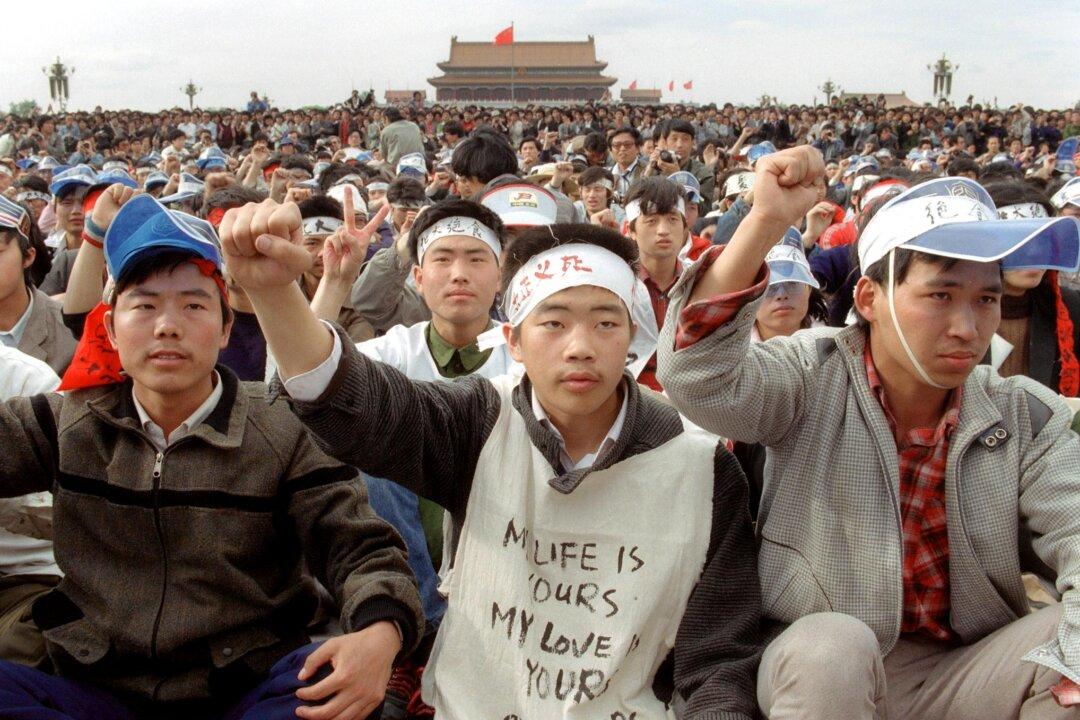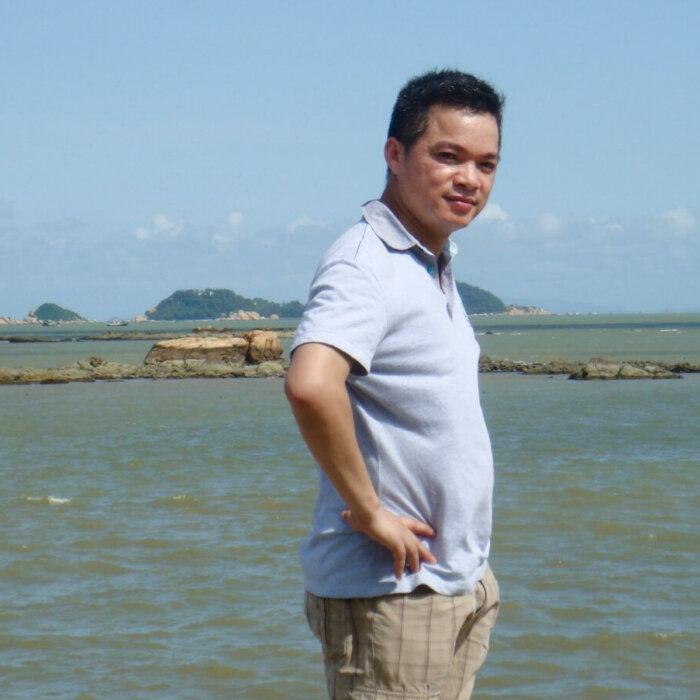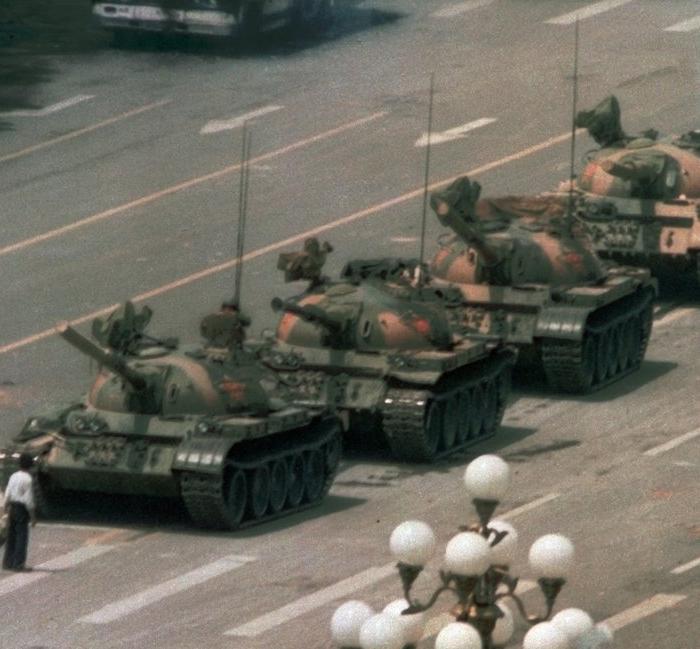When troops rolled into Beijing and Chinese authorities told everyone over loudspeakers to stay home, Yuan Hongbing did the opposite, jumping right into the center of the action.
Amid screaming, gunshots, and tanks, Mr. Yuan ran back and forth between hospitals and Tiananmen Square, carrying the injured on his back.
On the square’s edge, military tanks chased several fleeing student protesters, smashing their bodies against a metal fence by the road curb.
One of them, even in death, was still holding a flag with both hands.
The blood gushing out sounded louder than the rumbling tank engines, said Mr. Yuan, whose own shirt was soaked with the blood from people he tried to rescue.
“This is the brutality of the CCP,” he told The Epoch Times, using the acronym for the Chinese Communist Party.
The estimated death toll ranges in the hundreds to the thousands, although a declassified 2017 British cable put the number as high as 10,000.
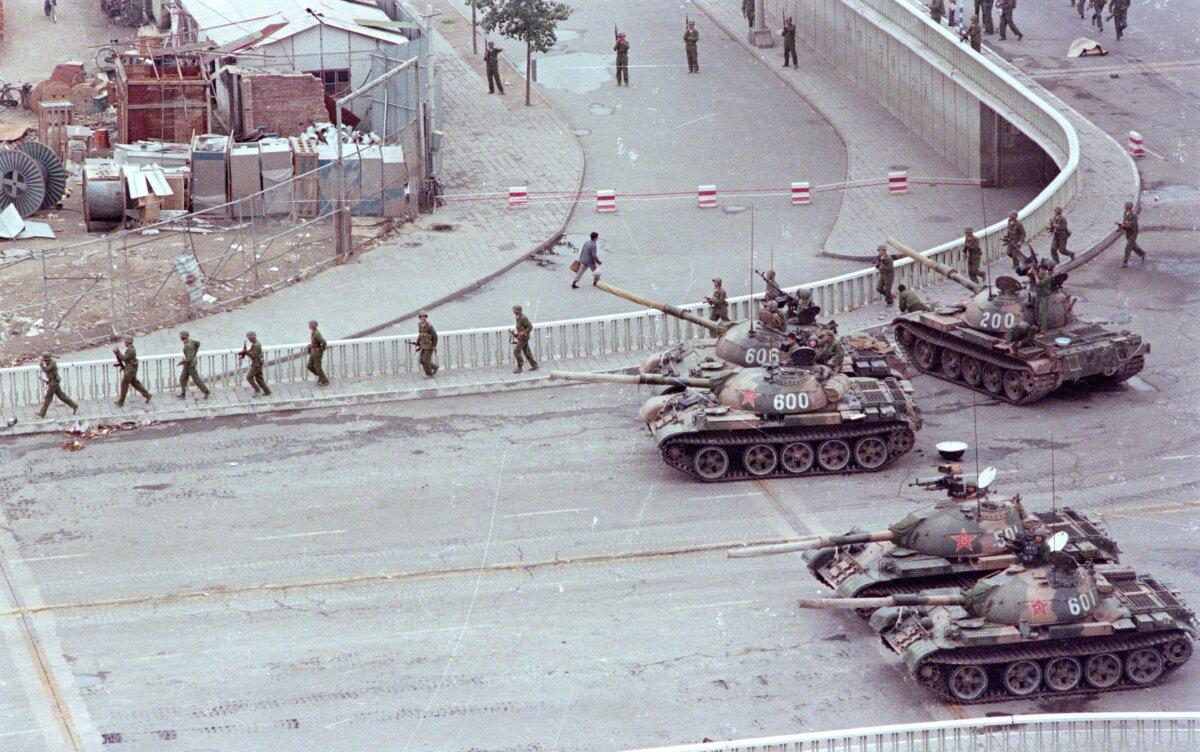
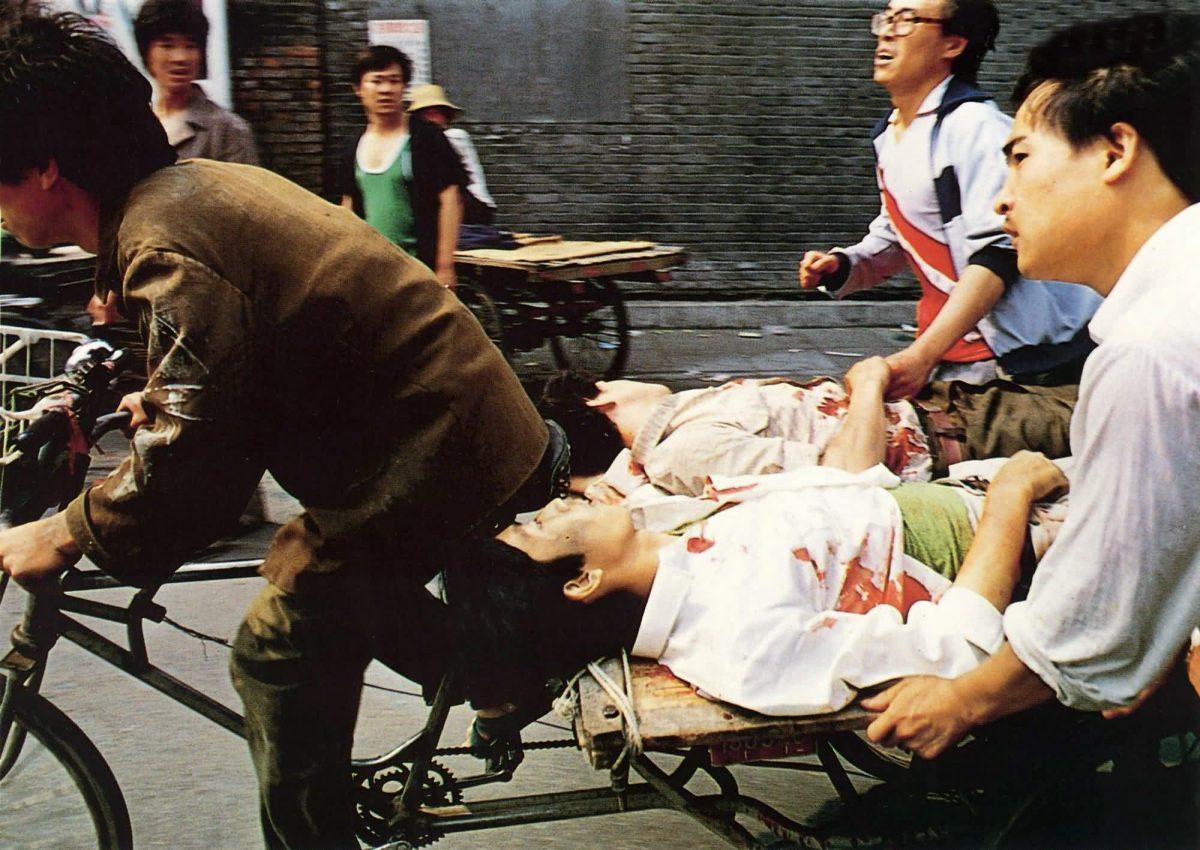
Defiance
Mr. Yuan, a law professor at Peking University at the time, eventually escaped China after spending half a year in detention over his activism.Many others who survived suffered retaliation, losing coveted careers and facing continued surveillance from Chinese police.
The issue remains one of the most heavily censored topics in China today, with authorities detaining activists or putting them under house arrest ahead of the anniversary in a bid to prevent them from commemorating the event.
In Hong Kong, the annual vigil that once drew as many as 180,000 people at its peak has vanished as the regime tightens its grip.
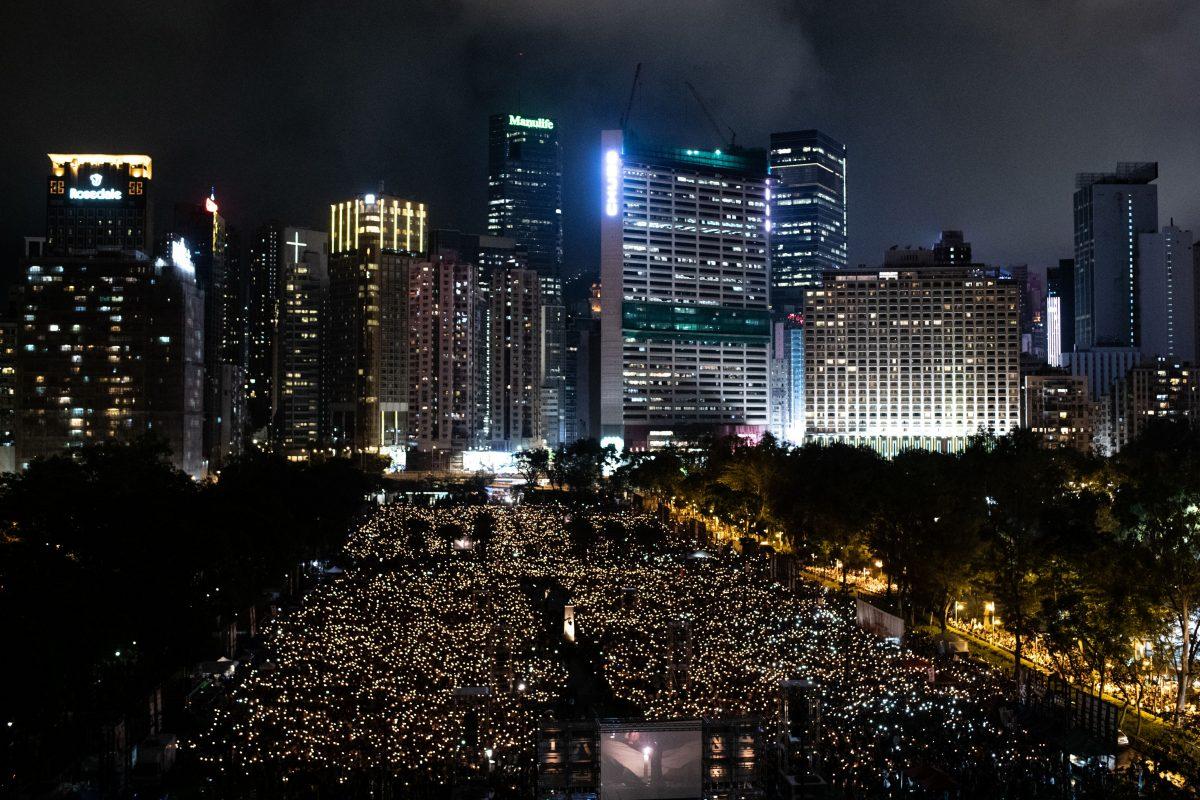
New York City is one of many cities around the world where democracy supporters host marches or rallies to mourn the victims.
“The Communist Party doesn’t represent China,” Wang Juntao, another former Tiananmen student leader, told The Epoch Times at a New York City event on June 2.
He led other rally participants in chants of “Down with the CCP” in front of banners that highlighted the 1989 massacre’s victims and warned about the CCP’s infiltration of the United States.
“To honestly face the past,” it read, is the only way to face the future.
Threats from Chinese actors aren’t confined to inside China.
Prominent dissident Sheng Xue, after announcing on X that she would be participating in a Los Angeles event on the Tiananmen anniversary, saw an overwhelming number of replies, including many personal attacks in Chinese. One threatened her with deadly violence.
“I wonder which one is harder: your head or the nine-millimeter wide bullet?” the message read. “Don’t wear a helmet, let me try. I’m in LA, I will be watching you from off stage.”
Ms. Sheng reported the issue to the local police, who suggested the event be called off. Ms. Sheng refused.
‘Legacy of Communism’
In Austin, Texas, preparation is underway to construct a memorial outside the state Capitol grounds to honor victims of communism, a step that will make the state the first in the country to do so.The monument chosen for the site is a replica of the “Goddess of Democracy,” a statue first erected at Tiananmen Square during the 1989 student uprising.
Mr. Oliverson gained inspiration after visiting the Victims of Communism Memorial in Washington, which also has a replica of the statue.
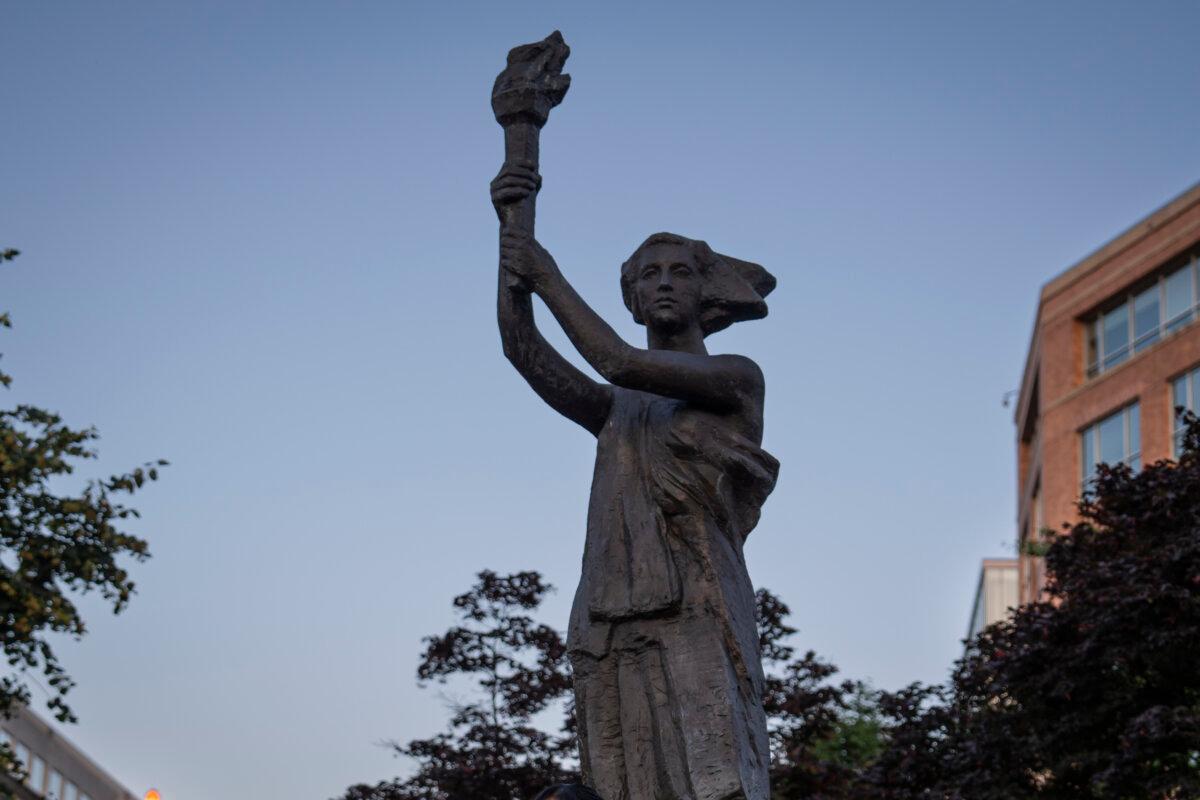
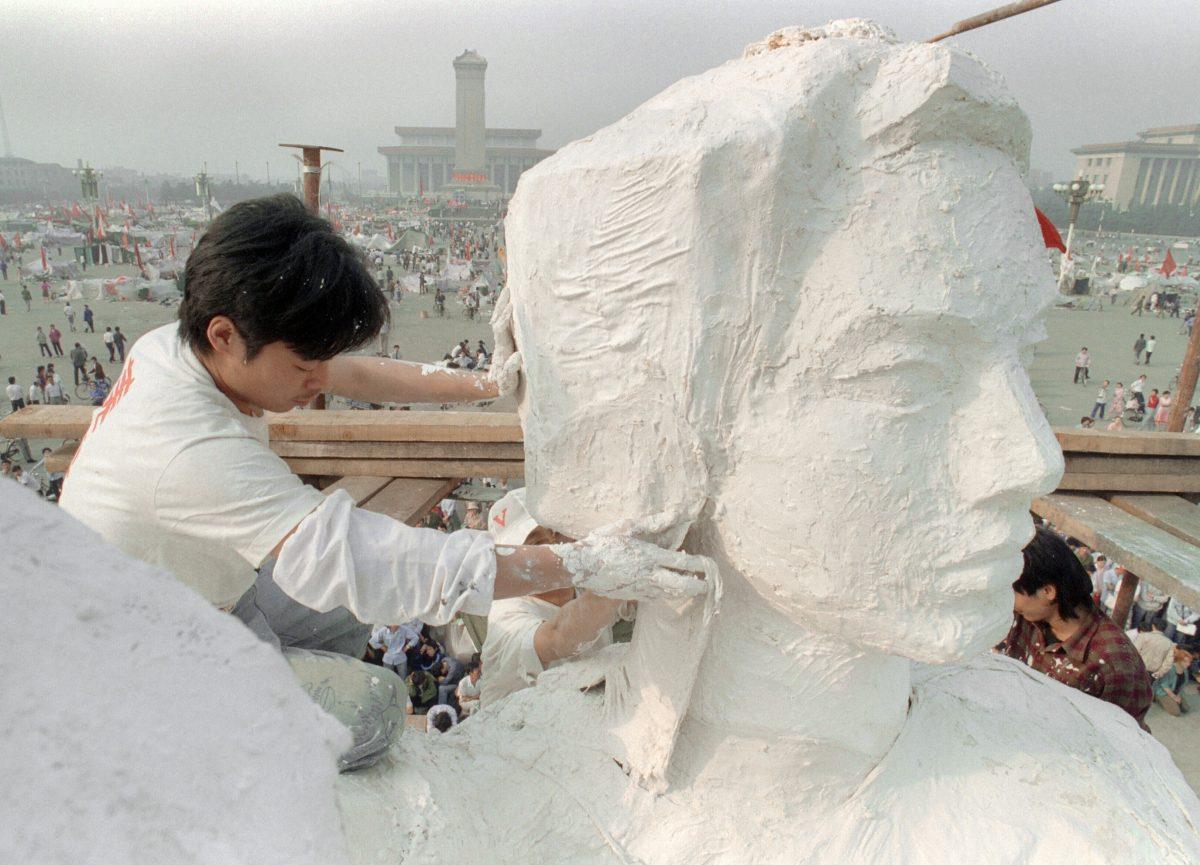
Texas has a lot of people from different parts of the world who have experienced communism firsthand or have relatives who suffered under communist regimes, he said. Having such a monument will be a symbol for “all the innocent lives that were killed by communism” in China and worldwide so that the “future generations of Texas will never forget the true legacy of communism.”
Li Yingzhi, who, like Mr. Yuan, suffered a half-year sentence over his involvement in the Tiananmen demonstrations, cited the youths who protested all over China in late 2022 after a three-year lockdown that largely turned China into a “massive prison.” It’s a show of how extreme the regime’s control has been—and also how fragile, Mr. Li said.
“This brutal regime has to end, and the day is coming.”
